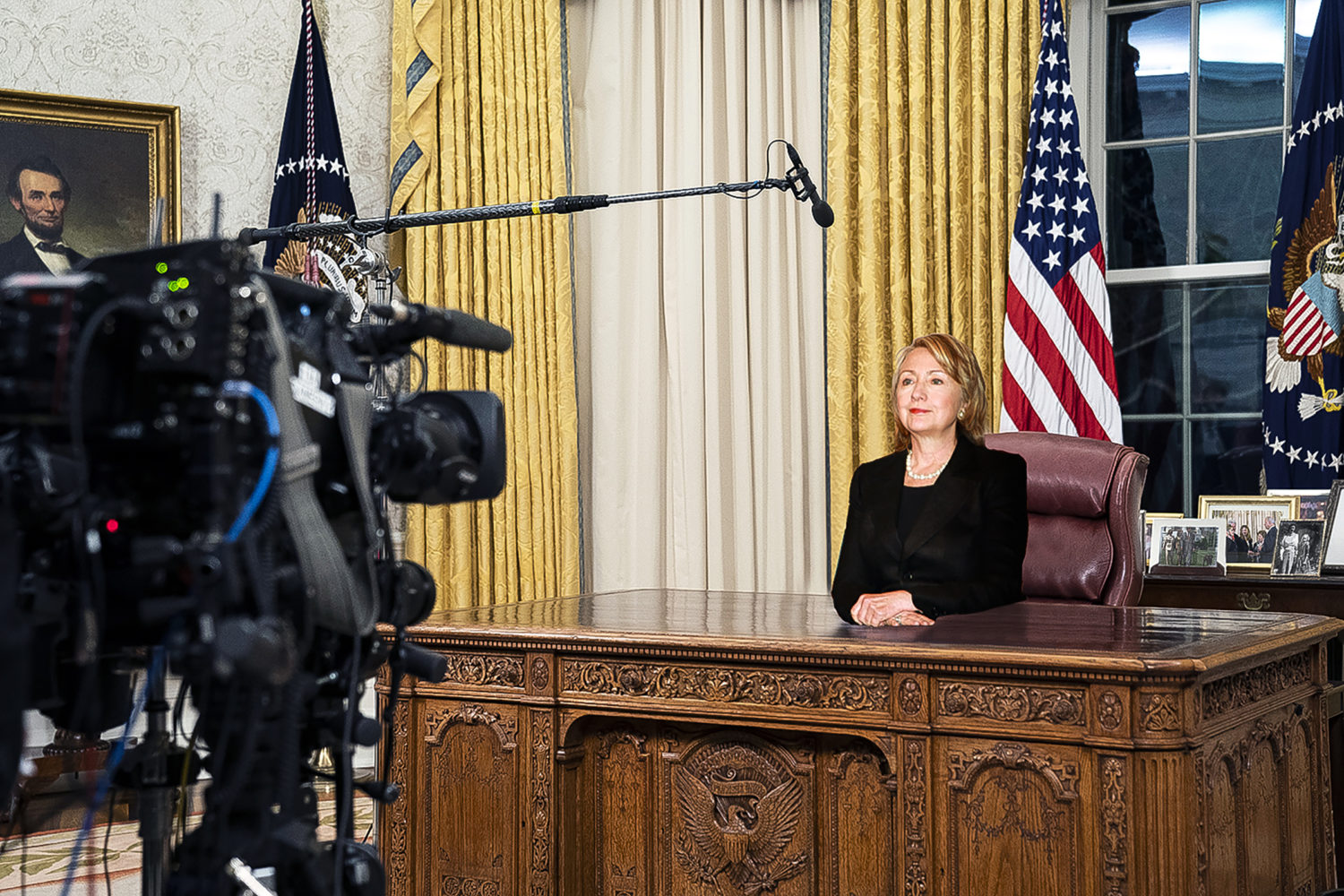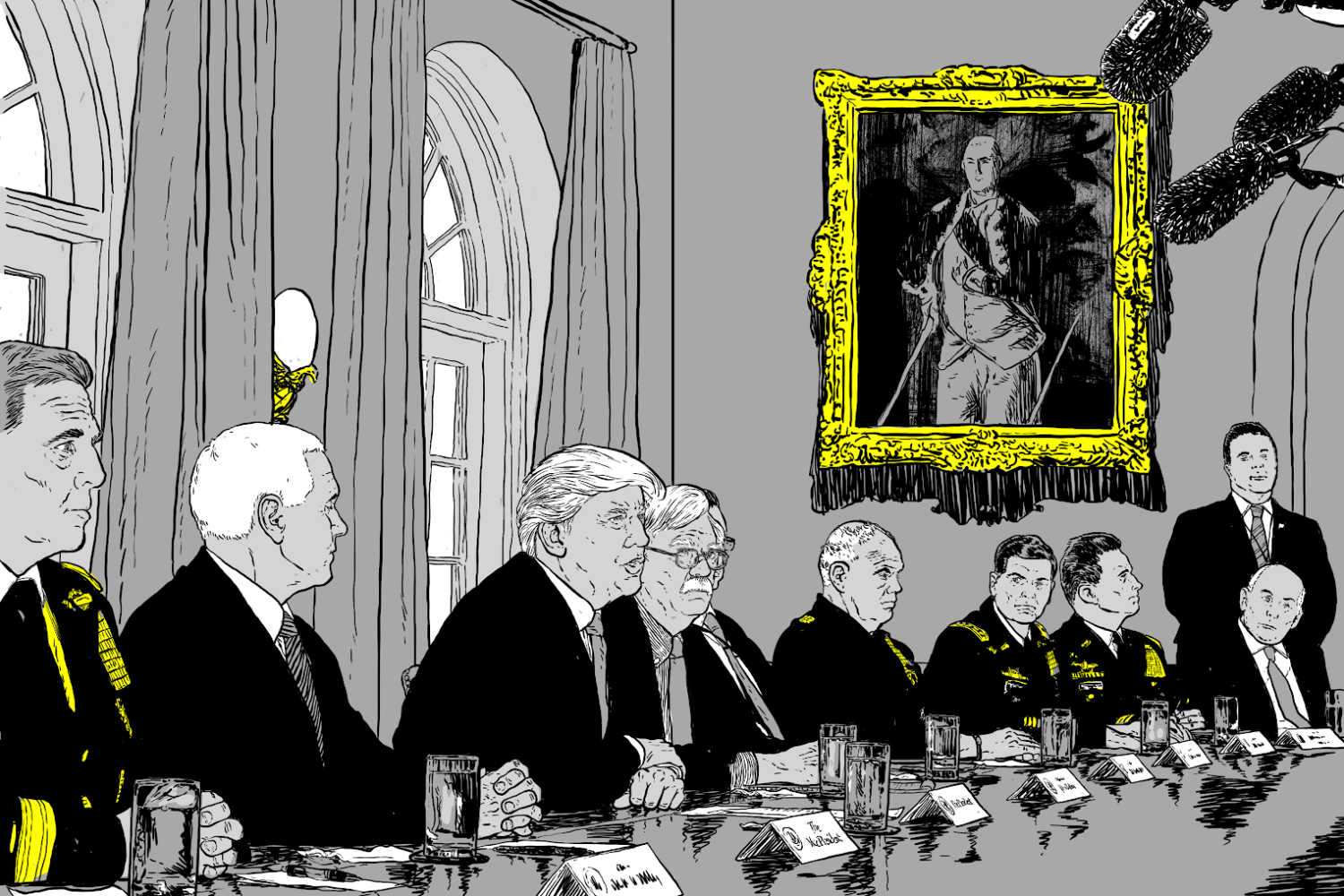The impending release of the long-awaited report on Russian interference in the 2016 presidintial election has caused no small amount of excitement in Washington and Moscow. It’s also become the subject of a different kind of anticipation in the town of Tonawanda, New York, in the headquarters of a home-inspection firm called Mueller Reports.
The Mueller report, as consumers of political news know, will be the product of two years of work by special counsel Robert Mueller III. Mueller Reports—as most people in home appraisal business well know—is a 35-year old nationwide firm that deploys inspectors to examine houses for fire-safety and other issues that underwriters tend to care about.
The namesake of the Special Counsel’s report was probably inevitable; the home-investigating firm’s name, however, was less obvious. It dates to September 15, 1983, when Robert Mueller was completing his first year at the Boston US Attorney’s Office. That’s when Irene Mueller (no relation) drove four hours from Williamsville, in upstate New York, to the Department of State, in Albany. Mueller was a personal secretary to Leo Noe, the owner of a new home appraisal business, who dispatched Mueller, then 55, to incorporate the enterprise. He handed over a list of potential company names, and sent her off.
Mueller arrived in Albany to discover her boss’s preferences were taken. With the office closing soon, and unable to reach Noe, she decided to incorporate the company under an improvised eponym—hers—and Mueller Reports was quietly born. “It took awhile for folks to get used to the name,” Carlton Chamberlain, an Executive Vice President of Mueller Reports, said recently. (Mueller died in 2007.) Of course, he added, “she would have been unlikely to have heard of Robert Mueller at that time.”
Over the next thirty years, the company expanded into all fifty states, while Robert Swan Mueller III climbed the ranks of law enforcement. Since Mueller’s appointment as Special Counsel in 2017, the family-owned appraisal company, which is located on Tonawanda’s Main Street, has sensed little apparent need to allay confusion on the part of potential customers. “If you need reports quickly,” boasts its website, “you need Mueller.”
Management is aware of, if a bit vexed by, the homographic accident. (Employees, reportedly, are more amused.) “We do get a chuckle out of it,” said Chamberlain. He gently disputed the notion of producing the lesser of two Mueller reports: “The type of work we do is very specific. Very nuanced.”
In ministering to their duties, the New York company and the Special Counsel’s Office diverge in key respects. Mueller’s report will investigate potential wrongdoing at the highest level of executive office; Mueller Reports will investigate residential property for details such as bathroom count, flooring or cabinet type, and shingle compliance. At its zenith, Mueller’s probe marshaled the efforts of 15 government lawyers; today, Mueller Reports employs roughly 2,000 staff across the country. Most of these are field inspectors, rooting around in kitchens and basements, who later set about documenting their findings in an appraisal—called, affectionately, a Mueller Report—which is prepared specially for insurance companies and lenders.
Occasionally, there is overlap. In cases where Robert Mueller has uncovered extraneous criminal activity, such as alleged tax fraud by Michael Cohen, his office has turned matters over to prosecutors. Inspectors from Mueller Reports, too, periodically stumble upon behavior that homeowners might prefer to conceal—an unfenced pool, the occasional marijuana grow facility, or, as in one case, a lion pacing its cage in the backyard. Just as the fate of Mueller’s report lies in the hands of Attorney General William Barr, Mueller Reports is sometimes torn between the desire of a homeowner—who desperately wants to see the report—and the underwriters who legally own it and who usually prefer to keep the Mueller Report confidential.
In fact, Mueller Reports’ experience writing up home inspections holds some lessons that, Chamberlain says, could be of practical use when it comes to writing up investigations into Russian electoral interference. For instance, brevity. In past years, a typical Mueller Report could run as many as 60 pages; improvements in word processors and photo quality have shortened it to five, a development he suggested offered a salutary benefit to potential readers. Then there’s speed: From inception to completion, the time it takes to publish a report is ten days. Chamberlain worried, gingerly, whether the company’s occupational claim to agility might be tarnished by the Special Counsel, even if inadvertently. “Can you believe this Mueller report is taking so long to be published?” Chamberlain asked, describing sentiments in the office. “We’re pumping out Mueller Reports within 24 hours.”
At Mueller Reports headquarters, staff is eagerly awaiting the supposedly imminent report—and not simply because it may well cause traffic to the corporate website to spike dangerously (or, alternatively, relegate the firm to also-ran status when people Google its name).
“It won’t be nothing,” Chamberlain speculated of the report. “Still, I don’t think it’ll be the full story.” He wondered aloud whether the probe might gain from the conventions of home inspection. “We don’t have the experience,” he conceded, but quickly added, “You’re an inspector, you’re provided all the details. Everything’s right in front of you. How hard is it to correct the information, put it in a report, and publish it? We do it every day, to the tune of 1.5 million a year.”
Robert Mueller, Chamberlain clarified, is probably doing a fine job. Still, just in case, he said, “He should give us a call.”


















